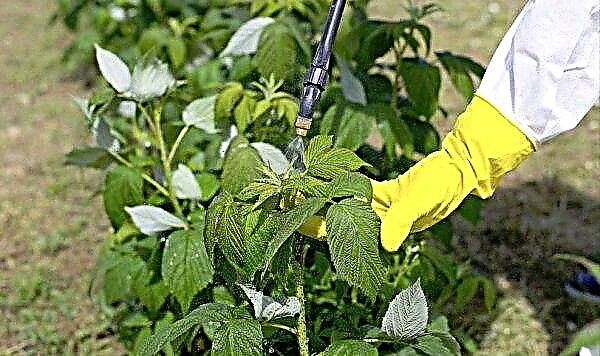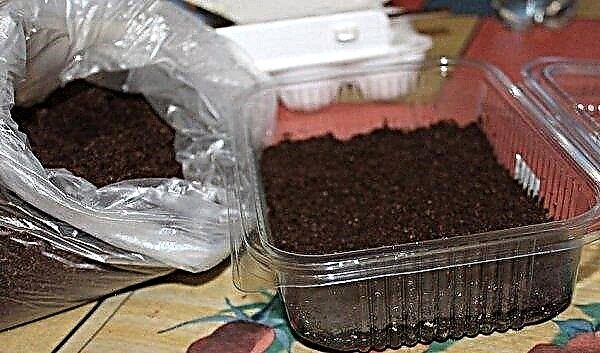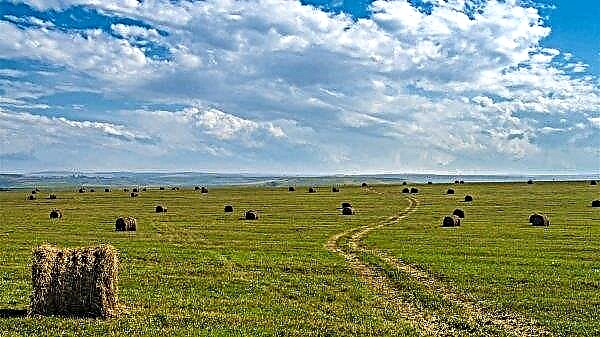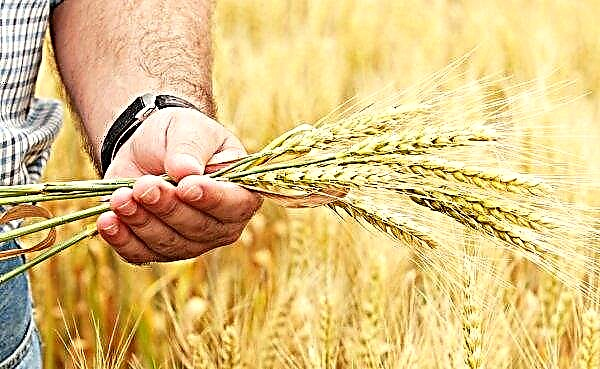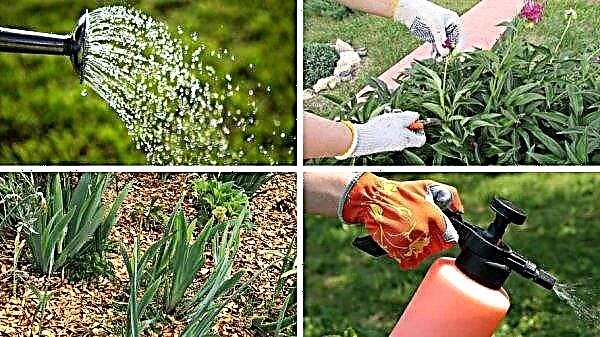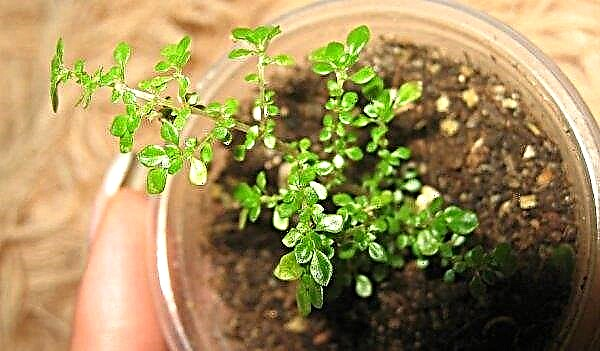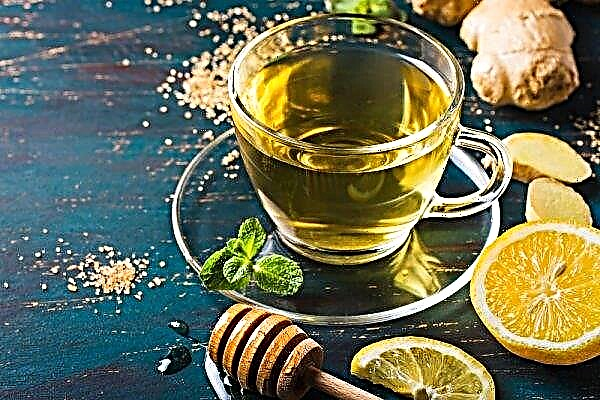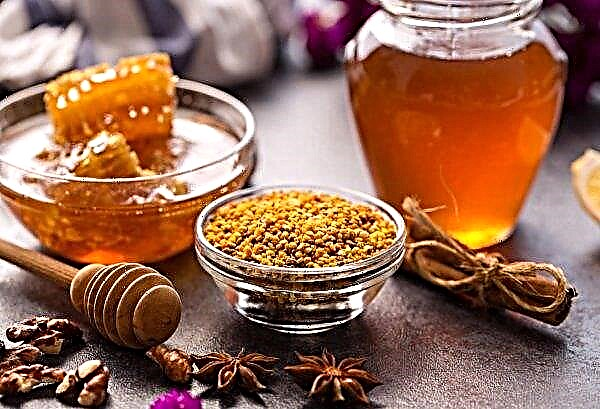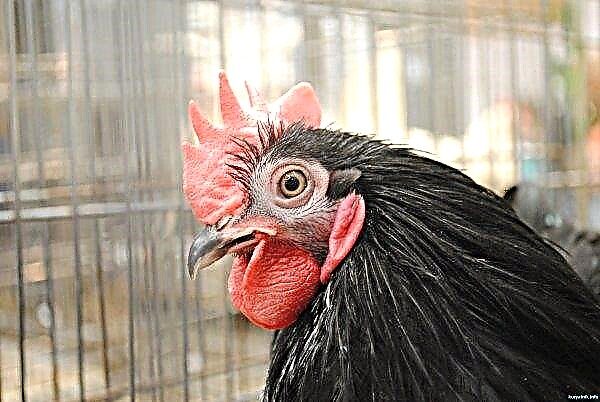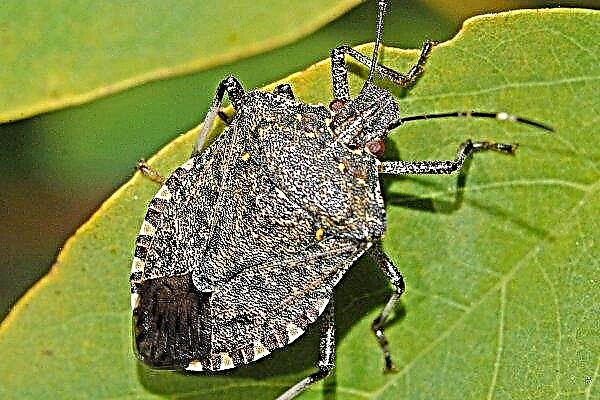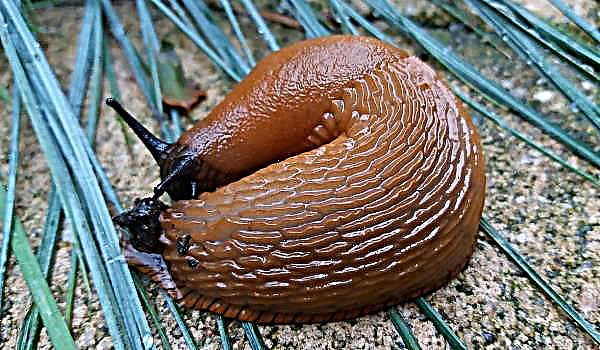Researchers from the University of Texas at Austin have identified new methods for protecting bees from varroatosis.
Professor Nancy Moran said that in the digestive system of bees, scientists have discovered bacteria similar to those that live in the body of an animal and a person. It turned out that these bacteria after gene modification are able to protect insects from infection.
Researchers are confident that such bacteria are absolutely safe for other insects. By the way, this is the only case where genetic engineering resources have been used to improve the health of domestic bees. Genetically modified bacteria begin to actively develop and produce antibodies against a dangerous pathogen. To control the pest according to the new technique, two strains of bacteria are used that are introduced into the honey plant through sugar syrup.
The size of the Varroa tick is only 1-2 mm. The male dies 15-20 days after birth. The bee executioner is a female who is able to lay up to 25 eggs per season.
Ticks Varroa - the main enemy of bees. Survival after treatment is only 35%. The medicine does not work for 30% of ticks, 70% die only ten days after therapy. According to the American Beekeeping Association, domestic bees play an irreplaceable role in world food production. Their "work" generates income of more than $ 20 billion a year. Without them, dozens of plant species would simply cease to produce crops. A new way to protect bees from varroatosis is of global importance for growing crops and providing the population with quality food.
- The platform, aimed at increasing the smooth operation of various stakeholders throughout the beekeeping value chain, brought together various players, including beekeepers, scientists, processors and marketers.
- This year, winter in Europe, resembling spring, activates bees when it does not rain and a few degrees above zero, they fly out of the hive, as Jolanta Pikut from Bialystok University of Technology emphasized, this is not good for the health of insects or their descendants.
- 2020 should be the year of establishing relations between farmers and beekeepers of the Yaroslavl region, said Sergey Kamyshentsev, deputy director of the department of the agro-industrial complex and consumer market of the Yaroslavl region.

